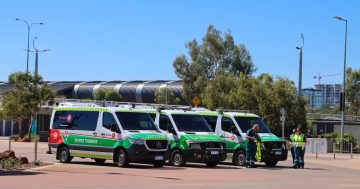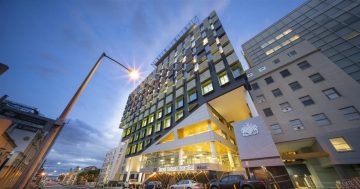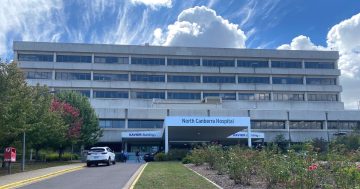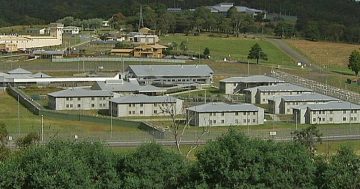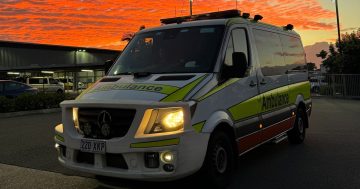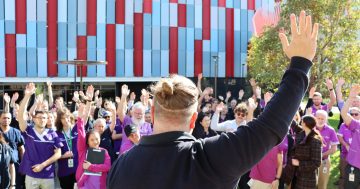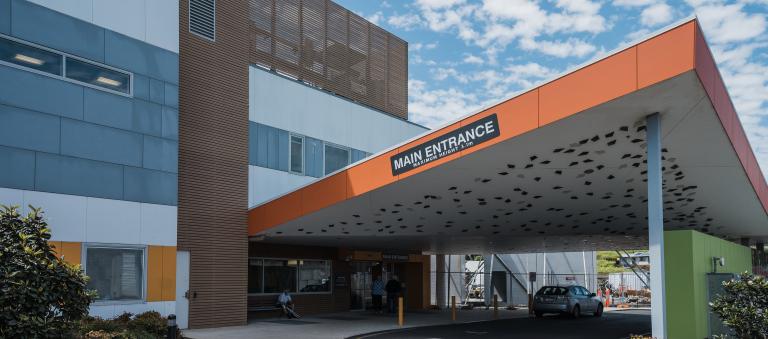
North-West Regional Hospital’s Emergency Department will form part of the community’s mental health crisis response. Alongside clinicians, Ambulance Tasmania, Tasmania Police and colleagues from Statewide Mental Health Services. Photo: Tasmania Health Department.
A new service for Tasmania’s north-west has been launched as part of the state government’s Mental Health Emergency Response. The two-year trial is designed to boost access to timely, evidence-based mental health care as emergency departments are pushed to the limit.
The Burnie-based service commenced on 27 November and is modelled on successful trials in the south, but has been tailored to the region’s needs, geography and demographics.
Clinicians based in Burnie and Devonport will respond to calls received by Ambulance Tasmania and Tasmania Police in the surrounding areas across a 10-hour shift, seven days a week. The organisations will also cater to their staff’s ongoing education to support responses to mental health matters.
The Devonport-based team will begin their duties in early 2024 and Glenn Garlick has been established as state-wide coordinator to oversee the south and north-west operations.
Over the past 30 years, Tasmania’s hospitals have seen a 63.5 per cent decline in mental health beds, the greatest reduction in the country. The Australian Medical Association (AMA) reported public hospital mental health beds dropped from 251 in 1992-93 to 103 in 2019-20.
The average length of stay for patients with mental illness was below the national average by two days in 2020-21. For presentations ending in admissions, the median length of stay was 10 hours and 13 minutes, but even including those who were not taken in, it was five hours and 52 minutes.
AMA President Professor Steve Robson said this is a direct result of the hospital logjam, the same logjam that results in ambulance ramping and people waiting too long for surgery.
“These long waits, which are directly due to a lack of inpatient beds, cause distress for patients and their families and place enormous pressure on hospital staff,” he said.
Meanwhile, a recent survey by the Mental Health Council of Tasmania showed that of the 43 per cent of respondents who had been on a waitlist for six months or more to access mental health services, 80 per cent were offered no assistance.
Premier and Minister for Mental Health and Wellbeing Jeremy Rockliff said the new service will provide community-based mental health care, helping reduce preventable Emergency Department attendances.
“Since its establishment in early 2022, Mental Health Emergency Response – South has supported more than 2800 Tasmanians, with 75 per cent of these people able to remain in the community,” he said.
“We have learnt from the southern service that providing respectful, dignified and compassionate care in the community setting can lead to better outcomes for people in mental health distress.
“We also know having a specialised Mental Health Emergency Response service can take pressure off our hospital Emergency Departments by reducing avoidable presentations and reduces demand on our ambulance and police services.”


